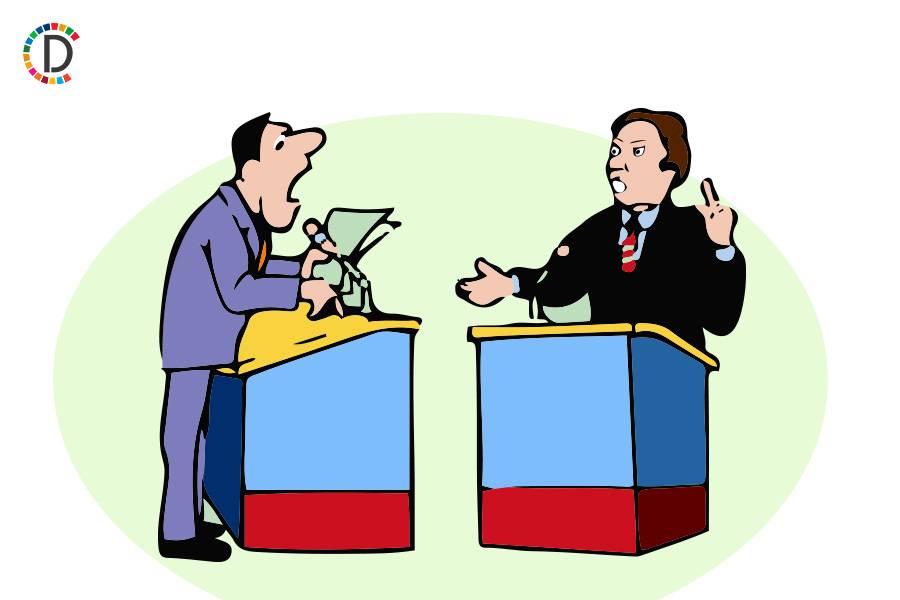U.S. Sanctions Target Beijing's Grip on Hong Kong
The U.S. has imposed sanctions on six Chinese and Hong Kong officials, criticizing their actions as 'transnational repression' that erodes Hong Kong's autonomy. These measures aim to punish China for its crackdown and use of national security laws to silence pro-democracy activists, media, and civil society.

The United States sanctioned six Chinese and Hong Kong officials on Monday, citing actions that undermine Hong Kong's autonomy and engage in 'transnational repression.' This marks the first significant move by the Trump administration to penalize China for its control over the financial hub.
Beijing defends its national security law, claiming it brings stability post-2019 protests, but critics argue it's used to silence opposition and shut down liberal media and civil society groups. The sanctioned individuals face blocked transactions and assets in the U.S., including notable figures like Dong Jingwei and justice secretary Paul Lam.
China condemned the sanctions as interference, vowing countermeasures. U.S. politicians, across party lines, backed the sanctions as a response to China's human rights record. Meanwhile, U.S. focus on travel restrictions in Tibet highlights ongoing tensions between the two nations.
(With inputs from agencies.)
- READ MORE ON:
- sanctions
- China
- Hong Kong
- autonomy
- U.S.
- democracy
- human rights
- Beijing
- protests
- security law
ALSO READ
Iran and U.S. Hold Constructive Talks on Nuclear Programme
New Zealand Calls for U.S. Engagement in Indo-Pacific
Escalating Tariff Battle: China-U.S. Trade Relations on the Brink
U.S.-Russia Relations: A Delicate Revival
Trump's Instinct-Driven Diplomacy: The Unpredictable Path of U.S. International Trade










